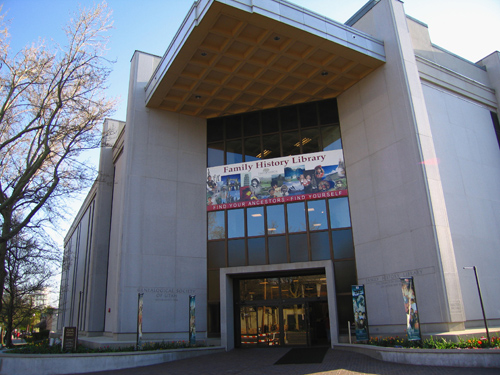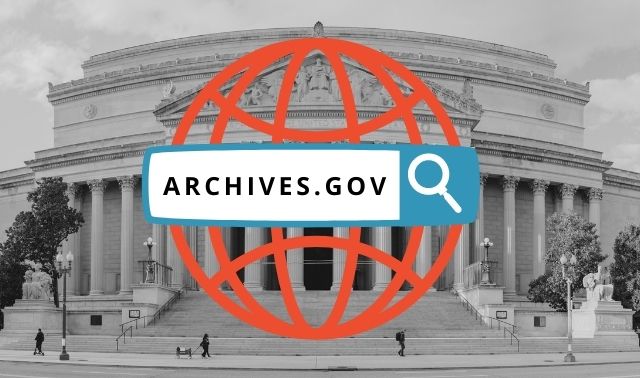Sign up for the Family Tree Newsletter! Plus, you’ll receive our 10 Essential Genealogy Research Forms PDF as a special thank you.
Get Your Free Genealogy Forms
"*" indicates required fields
Your family’s history may be in a vault buried in the mountains near Salt Lake City, Utah.

You don’t have to travel to start using the world’s largest genealogical library.
Finding your local FHC is a step in finding your family.
FHCs let you access the Family History Library’s more than 2 million rolls of microfilm and 700,000 microfiche records containing copies of original records from more than 100 countries. These include vital, census, church, land and probate records and other records of genealogical value. An additional 5,000 rolls of microfilm are added each month.
Family History Centers are staffed by church and community volunteers to help you search for your family roots. You don’t have to be a church member; the centers are open to the public.
Why does the LDS community provide this resource?
As a former director of a Family History Center, I was frequently asked why the LDS Church would gather this wealth of family history resources and make it available to the public for free.
To get a taste of the records you can access at your nearest FHC, explore the FamilySearch Web site, also sponsored by the LDS Church. Ultimately, this site will let you search records on 600 million names, and it can give your family tree research a valuable jump-start.




